
Welcoming Remarks from the President of Hanyang University
Ladies and gentlemen, esteemed colleagues, and students,
As the President of Hanyang University and Honorary Advisory Chair of LabPhon 19, it is my great pleasure to welcome you to the 19th Conference on Laboratory Phonology, hosted by the Hanyang Institute for Phonetics and Cognitive Sciences of Language (HIPCS) at Hanyang University.
While my administrative duties have kept me at a distance from the day-to-day preparations, my academic heart as a linguist specializing in phonological acquisition beats in unison with the theme of this conference: the intersection of speech sounds and the architecture of grammar.
Hanyang University, one of the most prestigious private universities in Korea, is honored to serve as the venue for such pivotal discussions. This dovetails with our commitment to fostering interdisciplinary research and international collaboration. The conference, meticulously organized by HIPCS, stands as a testament to our shared pursuit of knowledge and innovation within the field of laboratory phonology.
As you engage in the rich program and satellite workshops of LabPhon 19, I encourage you to also experience the 'K'-cultural wealth of Seoul, showcasing the lively blend of the Korean Wave, or 'Hallyu,' with the enduring traditions of Korea. May your time here be filled with insightful exchanges and lasting connections.
Thank you for being part of LabPhon 19 at Hanyang university. I look forward to the advancements in understanding that will arise from our discussions and to the opportunity to celebrate the LabPhon spirit of discovery together.
Best wishes,
Ki-Jeong Lee
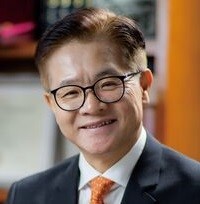
Honorary Advisory Chair of LabPhon 19,
President of Hanyang University
Greetings from the LabPhon 19 Organizing Chair
I am delighted to announce that the 19th Conference on Laboratory Phonology (LabPhon 19) will be hosted by the Hanyang Institute for Phonetics and Cognitive Sciences of Language (HIPCS) at Hanyang University, located in the heart of Seoul, Korea, from June 27-29, 2024. LabPhon 19 will explore the theme 'Where speech sounds meet the architecture of the grammar and beyond' and will be complemented by three excellent satellite workshops on June 26.
I am also pleased to announce that HIPCS will provide free accommodations for four nights in Seoul for all first author students, aiming to encourage and foster their participation.
Seoul, a city where tradition meets modernity, provides a perfect stage for this gathering. It's a place where the rich cultural heritage of Korea intersects with cutting-edge advancements in technology and science, mirroring the innovative and interdisciplinary spirit of LabPhon conferences. LabPhon 19 in Seoul offers a unique opportunity for participants from all over the world to immerse themselves in the dynamic linguistic landscape of East Asia, providing a broader perspective and deeper understanding of phonetics and laboratory phonology.
Moreover, Hanyang University, one of the nation’s leading institutions, is known for its academic excellence and innovative research, and the university's commitment to scholarly advancement in various fields, particularly in linguistics and related interdisciplinary fields will significantly enrich the intellectual exchanges at LabPhon 19.
Our experienced HIPCS team will make every effort to ensure that your visit to Seoul for LabPhon 19 will be an exceptional and unforgettable experience.
We eagerly look forward to welcoming you all to what promises to be a productive and memorable conference, taking place amidst the vibrant surroundings of Seoul. Please share this announcement with your colleagues and peers who may be interested. Your contributions and active participation are crucial to the success of the LabPhon conferences.
Warm regards,
Taehong Cho 
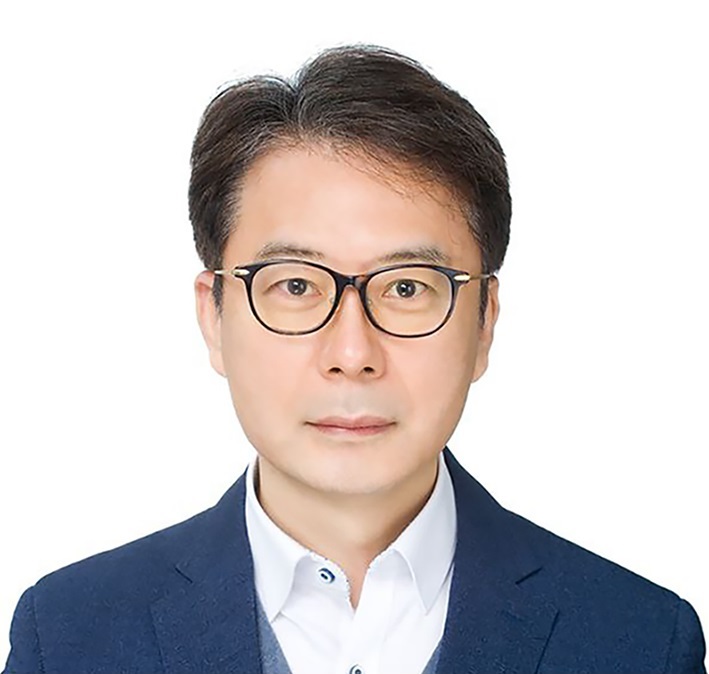
Chair, LabPhon 19
Director, Hanyang Institute for Phonetics and Cognitive Sciences of Language (HIPCS)
LabPhon 19: The 19th Conference on Laboratory Phonology
Hanyang University, Seoul, South Korea, June 27-29, 2024
(Satellite workshops on June 26, 2024)
HIPCS (Hanyang Institute for Phonetics and Cognitive Sciences of Language) at Hanyang University is proud to host LabPhon 19 on June 27-29, 2024.
Theme: Where speech sounds meet the architecture of the grammar and beyond
It has been over 30 years since the first Laboratory Phonology conference was launched in 1987 in the vanguard of exploring the linguistically meaningful relationship between the grammar and physics of speech. Since then, we have witnessed the gradual erosion of the severance between phonetics and phonology, accompanied by an increased awareness of the importance of scalar and gradient aspects of speech in understanding the linguistic sound system. We have also enjoyed seeing a wealth of investigation into the linguistic roles of fine phonetic detail, which provides insights into the phonetic underpinnings of other speech variation phenomena. It has now become the norm in the laboratory phonology tradition to view the phonetic encoding-decoding process as intricately intertwined not only with phonology but also with various other components (e.g., morphology, syntax and semantics) in the architecture of the grammar. Moreover, in parallel with the exploration of these relationships, laboratory studies of speech variation have also shown that phonetic and phonological forms can be shaped further by both information structure and pragmatic and social contexts.
The fundamental assumption that underlies the proposed theme is that in order for the speaker to deliver a message (whether linguistic or extralinguistic) to the listener successfully, the speaker must be able to encode the message in phonetic forms that reflect other linguistic and extralinguistic structures. Then, the listener must in turn be able to exploit the resulting fine phonetic detail in decoding the intended message in reference to the higher-order structural information that underlies the speech signal.
Consequently, the laboratory phonology community is now challenged with a fundamental question of how the fine phonetic detail and its systematic interaction with higher-order structures that may go even beyond the traditional realm of linguistics should be reflected in the architecture of the grammars of human linguistic systems.
Delving into this inquiry inherently emphasizes that the foundational aspect of phonetic encoding and decoding within a linguistic message should be firmly rooted in the essence of prosodic structure—an abstract grammatical entity that governs the intonational system, phrasing, and prominence distribution, while also serving as a frame for articulation. The culmination of empirical findings across a wide range of subfields, including linguistics, psychology, and cognitive sciences, undoubtedly provides us with compelling evidence. This body of evidence accentuates the pivotal role prosodic structure plays in shaping the delicate intricacies of phonetics, spanning both segmental and suprasegmental dimensions. This intricate interplay, often referred to as the phonetics-prosody interface, extends beyond the confines of mere phonetics and phonology, intricately interwoven with a diverse array of linguistic and extralinguistic structures.
At LabPhon 19, we aim to create an international scholarly venue at which researchers and students may tackle these issues by sharing novel findings and insights from their laboratory work and exchanging ideas in relation to the interplay between phonetics and higher-order linguistic and extralinguistic structures. The theme is admittedly too broad to be covered at one three-day conference, and LabPhon 19 simply starts off by narrowing it down to specific topics in five thematic sessions as outlined below. Our aspiration is that these anticipated intellectual engagements will converge to advance our understanding of the complex role played by 'the physics of speech' or gestures within the architectural framework of human communication grammar. It is also our hope that many of the works presented at LabPhon 19 will shed light on the significant contribution of prosodic structure, which plays a pivotal role in determining the phonetic outcomes across various levels of the communication system.
We look forward to a diverse range of submissions that delve into these connections and contribute to a deeper understanding of the proposed theme. We also welcome submissions from neuro-cognitive perspectives that can offer insights related to the aforementioned issues addressed within the proposed theme. These perspectives are anticipated to provide valuable connections and viewpoints, enriching our exploration of the theme. In addition to thematic sessions, we will also commission non-thematic sessions which will include contributions to other topics of interest to the LabPhon community.
Thematic sessions and invited speakers and discussants (subject to change)
Session 1: LabPhon for words, exploring the role of phonetic detail in lexical processing and its implications for the relationship between LabPhon and the lexicon
· Invited speaker: Holger Mitterer (U. of Malta, Malta)
· Discussant: Jongho Jun (Seoul National U., South Korea)

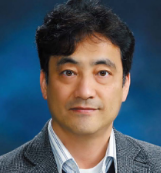
Session 2: LabPhon for sentences, exploring the role of phonetic detail in sentence processing and its implications for the relationship between LabPhon and syntax
· Invited speaker: Fernanda Ferreira (UC Davis, USA)
· Discussant: Michael Wagner (McGill U., Canada)

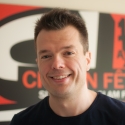
Session 3: LabPhon for pragmatics and discourse, exploring the role of phonetic detail in conveying pragmatic meanings in discourse and its implications for the relationship between LabPhon and information/discourse structure
· Invited speaker: Sasha Calhoun (Victoria U. of Wellington, New Zealand)
· Discussant: Aoju Chen (Utrecht U., the Netherlands)
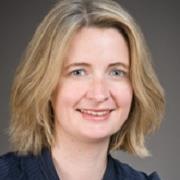
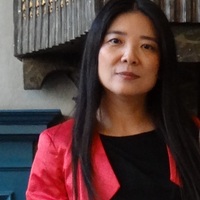
Session 4: LabPhon for social contexts, exploring the role of phonetic detail in carrying social information and its implications for the relationship between LabPhon and sociophonetics
· Invited speaker: Abby Walker (Virginia Tech, USA)
· Discussant: Tessa Bent (Indiana U., USA)
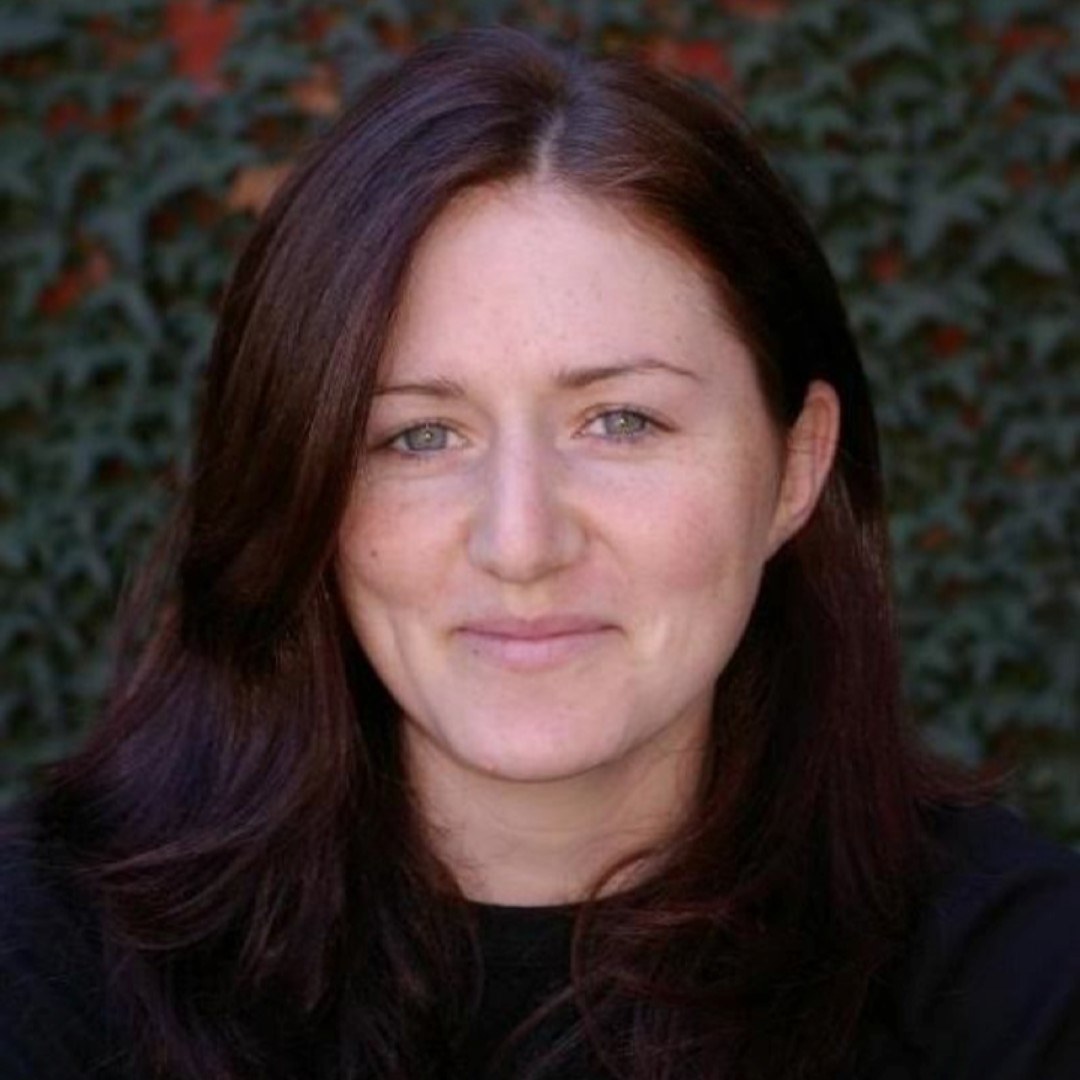

Session 5: LabPhon for non-articulatory gestures in spoken language, exploring the role of non-articulatory (facial and manual) gestures in spoken language in relation to LabPhon
· Invited speaker: Marc Swerts (Tilburg U., the Netherlands)
· Discussant: Jelena Krivokapić (U. of Michigan, USA)
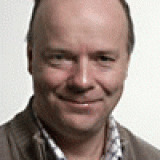
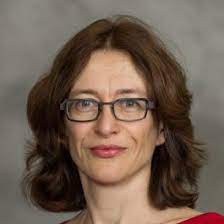
Important Dates:
- Deadline of submission of a two-page abstract: December 18, 2023
- Notification of acceptance: February 29, 2024
- (Abstract submission deadlines for three workshops: March 6, 15, 20, 2024)
- Submission of final versions of abstract: March 15, 2024
- Full paper submission of invited and selected papers for thematic sessions: May 10, 2024
- Registrations: April 01, 2024 (Open); April 30, 2024 (Early); May 20, 2024 (Late)
- Satellite Workshops: June 26, 2024
- Main Conference: June 27-29, 2024